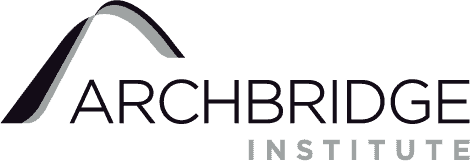Entrepreneurship, Innovation, and Job Creation
Make a Donation

Overcoming Barriers through Purpose and Entrepreneurship: Lessons from 21 Amazing American Originals
Over the last two-and-one-half years, we at the Archbridge Institute, in conjunction with the American Business History Center, have written and published twenty-one biographical articles on “American Originals.” These men and women, black and white,...

Human ingenuity is our greatest weapon against the coronavirus
Because the coronavirus pandemic is an unprecedented black swan event, we’ve seen many mistakes and delayed responses that were more reactive than proactive. There will certainly be no shortage of lessons to be learned.
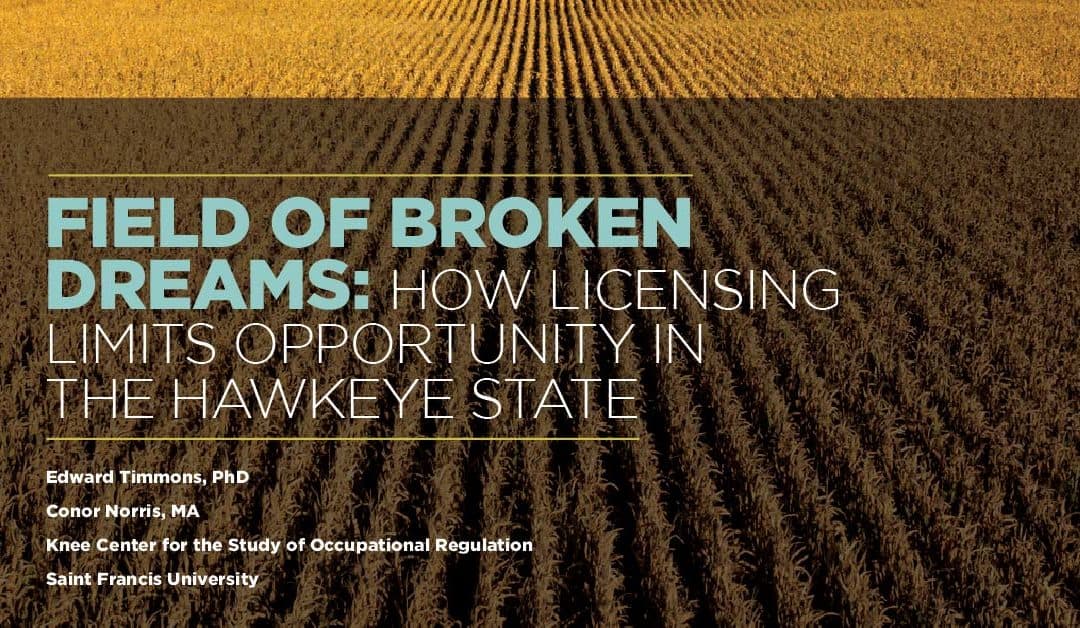
Field of Broken Dreams: How Licensing Limits Opportunity in The Hawkeye State
Click Here to Open the PDF in a New Tab Why Does Occupational Licensing Matter in the Hawkeye State? As 2019 came to a close, the labor market nationally could not be in better shape. Conditions are even better in Iowa. In December of 2019 according to the Bureau of...

Reflections on Studying Human Flourishing and Progress: Shared Challenges and Shared Potential
The quest to live better and more meaningful lives and to provide a better life for future generations, especially our own children, is as strong a commonality as there exists in the world.

Playing Fast and Loose With the Economic Facts
Over the past few years, concerns about fake news have taken center stage in news outlets across the country. But as technology allows audiences to further segment and ideological echo chambers have become the norm, less attention has been devoted to the increasingly prolific genre of merely misleading news.

Every Billionaire Is Not a Policy Failure — Far From It
Income inequality dominates our political and policy debates. Perhaps the latest example of this phenomenon is the extent to which proposals regarding how much the rich should be taxed have become ubiquitous in our discourse.

Universal Basic Income is a Hammer and not every Problem is a Nail
Given recent progress in the development of artificial intelligence, many policy conversations take for granted that such advancements will lead to mass technological unemployment and could even create a permanent underclass. Once these “facts” are established, a radical and sweeping policy solution typically follows, most often an argument for the necessity of a Universal Basic Income (UBI). But despite their growing popularity, such apocalyptic predictions about the role of AI in replacing human labor and the need for a UBI are greatly overblown. Although I’ve written on this topic previously (one article even garnering a response from Democratic Presidential Candidate Andrew Yang), the doomsayers’ case seems to be in need of a robust response.
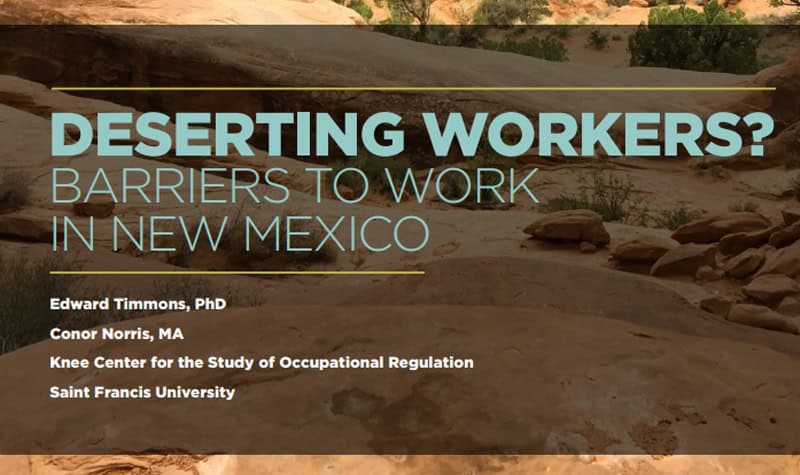
Deserting Workers? Barriers to Work in New Mexico
In “Deserting Workers? Barriers to Work in New Mexico,” Dr. Edward Timmons and Conor Norris highlight how occupational licensing restrictions are holding back New Mexicans attempting to climb the income ladder. Building on previous research that tracked state-by-state growth in low- to moderate-income occupations requiring a license, the researchers also suggest solutions for policymakers looking to expand economic opportunities.
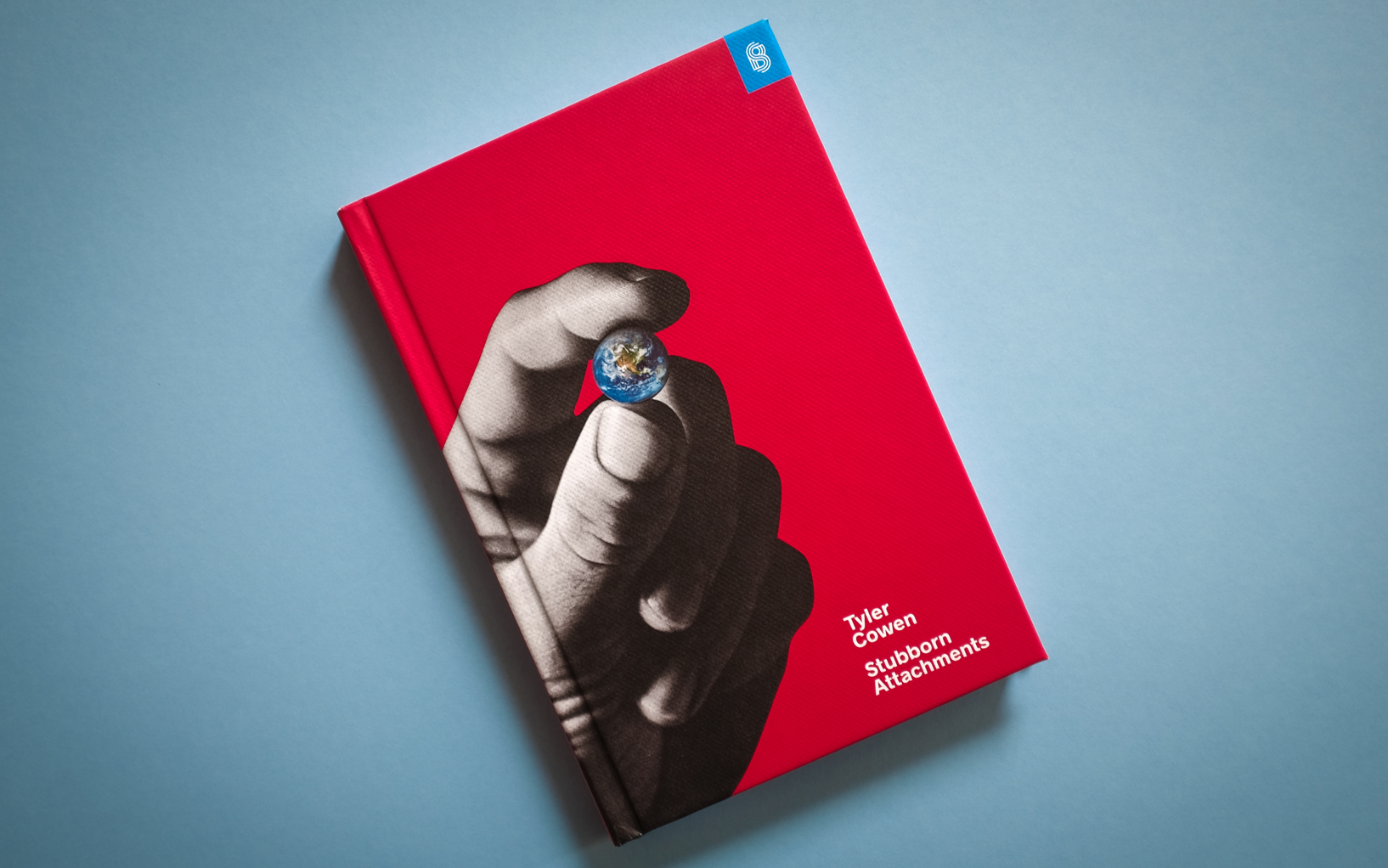
The Clear and Comprehensive Case for Growth
Social media has pushed us to try to summarize everything we think and feel in less than 140 characters. In Stubborn Attachments Tyler Cowen accomplished a figurative tweet, answering some of the most complex questions of philosophy, politics, and economics in less than 140 pages.
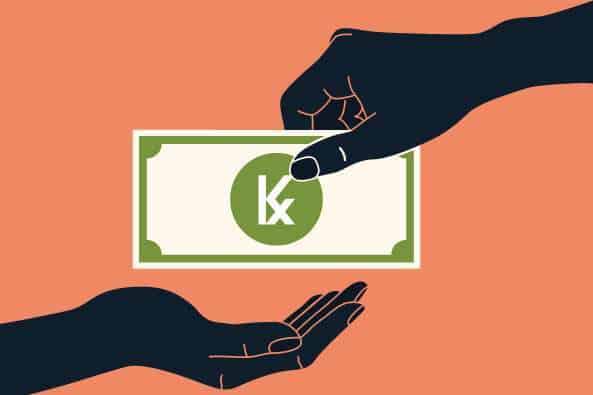
Universal Basic Income Is a Solution In Search of a Problem
Whether policymakers should even consider ideas for a UBI, given recent studies that suggest an expanded labor market from future AI and relatively strong current economic conditions, is still an open question.
The Archbridge Institute is a non-partisan, independent, 501(c)(3) public policy think tank. Our mission is to lift barriers to human flourishing.
Archbridge Institute
1367 Connecticut Avenue NW, Suite 200,
Washington, DC 20036
